On 8 December, along with daily teaching work, the second round of SUIS Qingpu’s teachers’ workshops was successfully held. This semester’s workshops were conducted over two rounds, covering seven areas and more than 20 well-planned topics such as art, artificial intelligence and education skills. Together, we enjoyed a feast of knowledge. From art to AI technology, from teaching methods to educational philosophy, the workshops not only improved our teaching skills, but also raised our team cohesion and innovative capacities to higher levels.
Teaching and Learning, Appreciation of Wisdom
Workshops allow teachers to fulfill the dual roles of spreading knowledge and practicing innovation. On 10 November, the first round of workshops was held, and teachers met to inspire and learn from each other. The first round focused on seven core areas: Teaching & Learning; Pastoral, SEND and Inclusivity; Leadership and Management; AI; Assessment and Data. The workshops aimed to promote teachers’ professional growth across subjects and grades. From the quick drawing of cute avatars to special education needs, and formative assessment to cross-cultural communication, each session was a feast of knowledge and experience. Teachers shared their respective teaching experiences and challenges and combined subject knowledge with personal skills to demonstrate effective cross-curricular teaching.
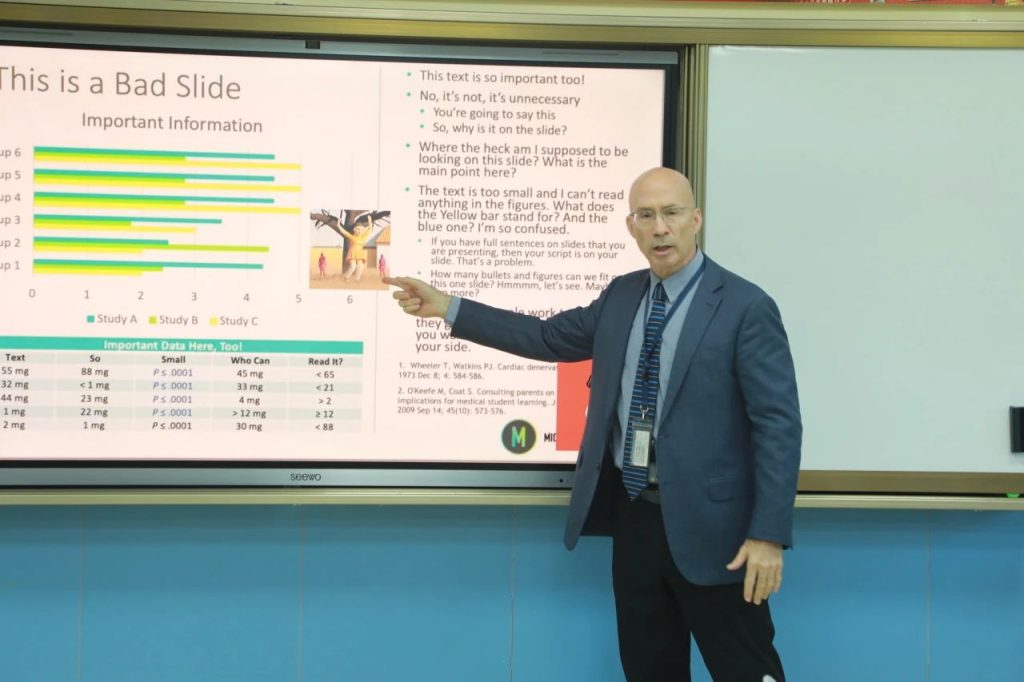
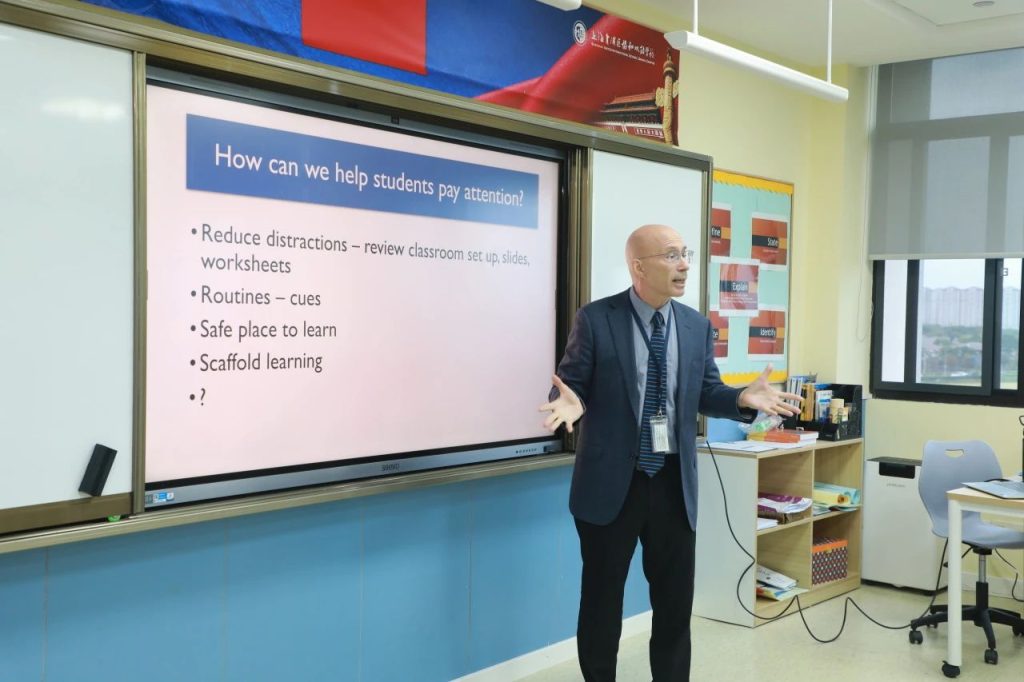
——What is memory?
Learning Lessons from Cognitive Science
Co-Principal Adam shared on Cognitive Load Theory (CLT) for teachers to help them understand working and long-term memory in order to facilitate effective learning without increasing the cognitive load on students.
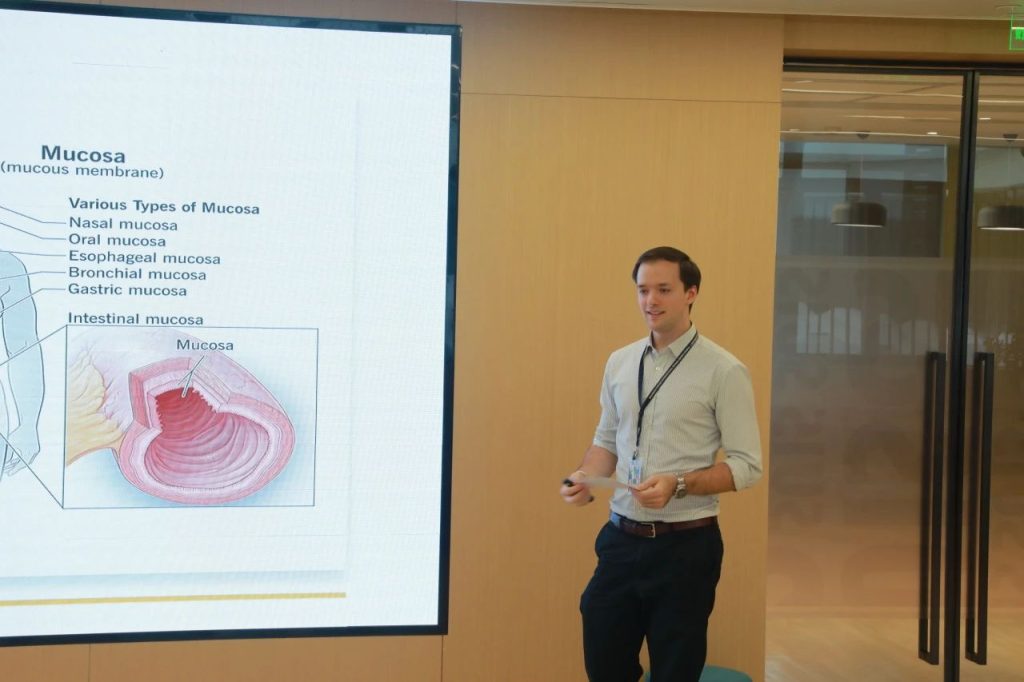 ——Vocal health for teachers
——Vocal health for teachers
Michael shared with participants a variety of professional methods to help teachers learn how to use their voice scientifically.
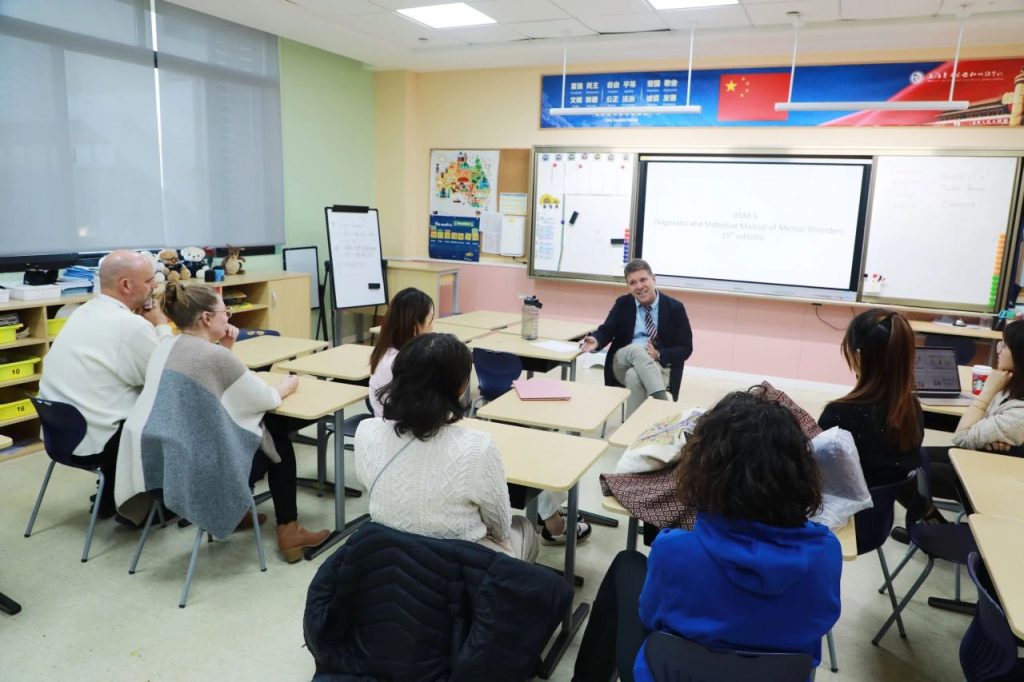
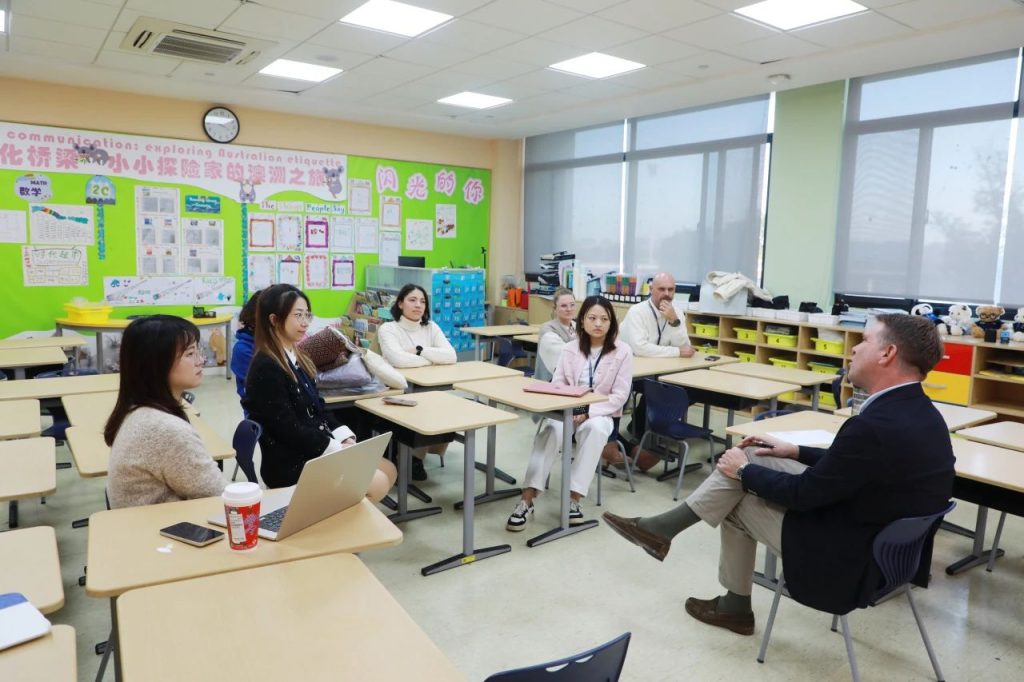 —— Special Education Needs (SEN)
Teachers often find that some students have special needs, but don’t really understand the reasons behind those needs nor the strategies for solving them. In Matthew’s workshop, the group worked together to explore some of the common signs of special needs, such as with ADHD and dyslexia, and shared real-life cases that illustrated how to help students understand their own thinking processes and apply strategies to achieve academic and personal success.
—— Special Education Needs (SEN)
Teachers often find that some students have special needs, but don’t really understand the reasons behind those needs nor the strategies for solving them. In Matthew’s workshop, the group worked together to explore some of the common signs of special needs, such as with ADHD and dyslexia, and shared real-life cases that illustrated how to help students understand their own thinking processes and apply strategies to achieve academic and personal success.
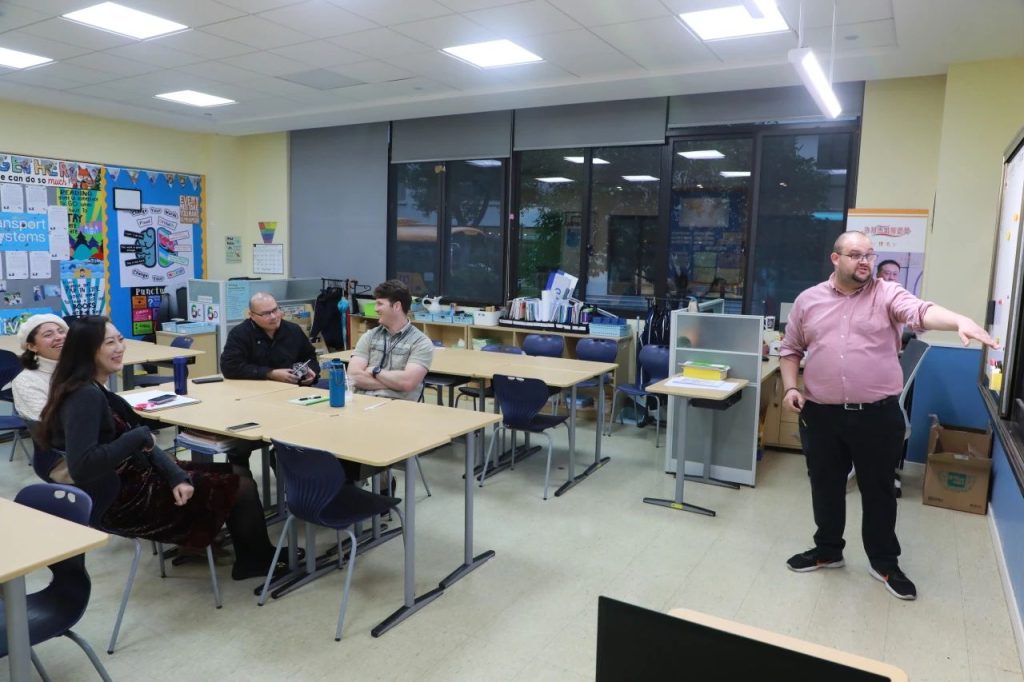 —— Cross-Cultural Communication
In this workshop, Mr. Orefice’s shared how to achieve cross-cultural communication effectively to enhance cohesion between disciplinary teams based on his own experience.
—— Cross-Cultural Communication
In this workshop, Mr. Orefice’s shared how to achieve cross-cultural communication effectively to enhance cohesion between disciplinary teams based on his own experience.
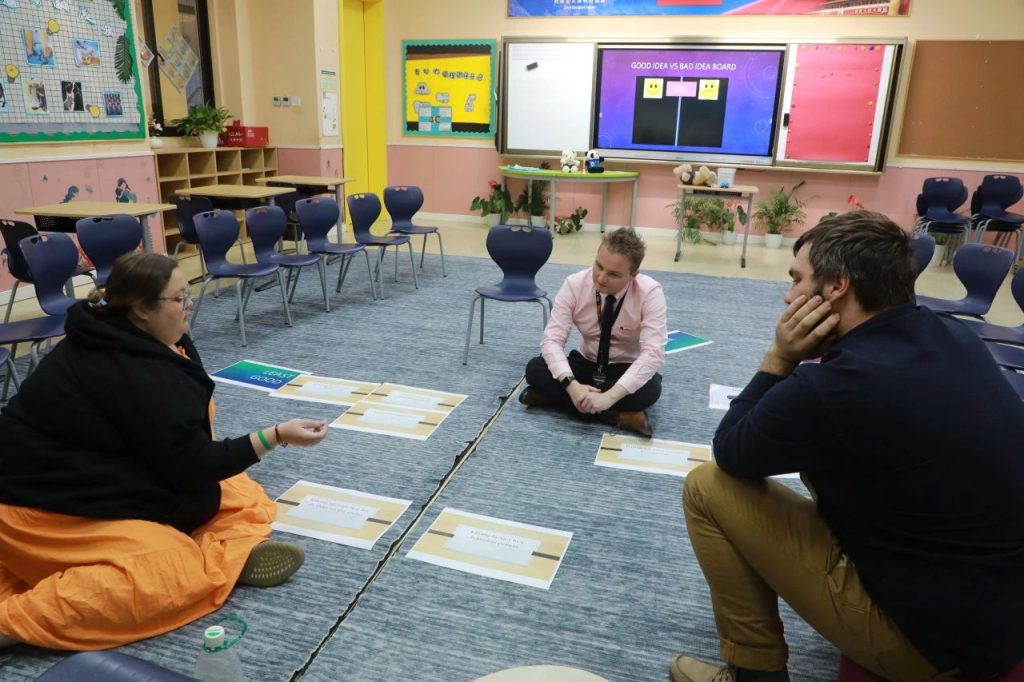 —— Philosophy for Children (P4C)
Mr. Scott’s sharing was interspersed with a variety of effective classroom activities that were used to simulate a real classroom discussion aimed to help students gain important thinking skills.
—— Philosophy for Children (P4C)
Mr. Scott’s sharing was interspersed with a variety of effective classroom activities that were used to simulate a real classroom discussion aimed to help students gain important thinking skills.
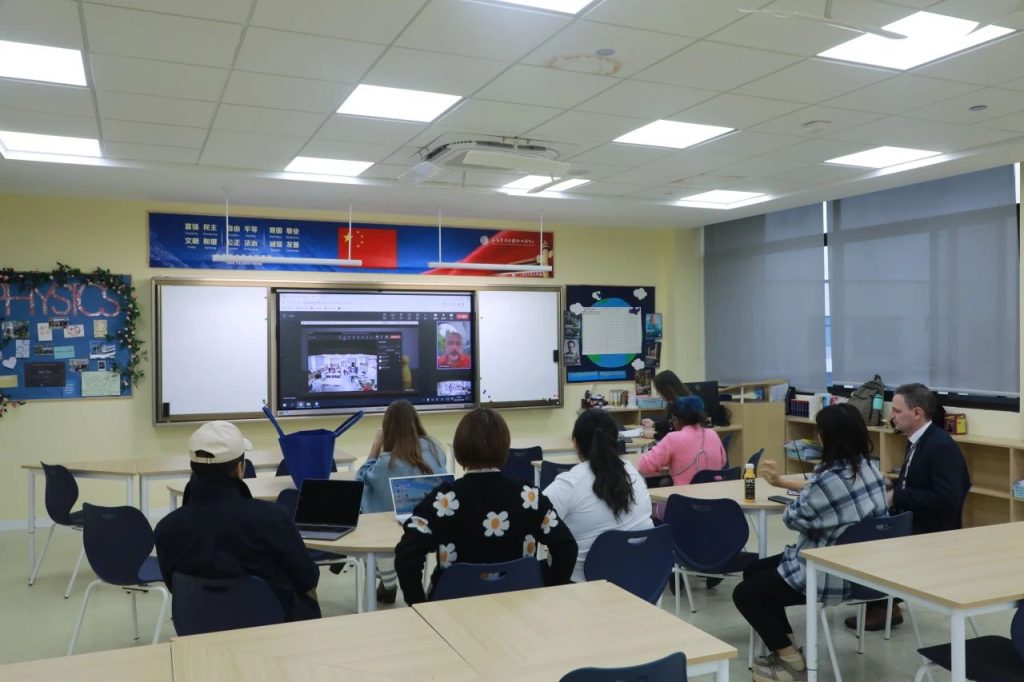 Mr. Gurkan shared on effective leadership with colleagues through an online format.
Mr. Gurkan shared on effective leadership with colleagues through an online format.
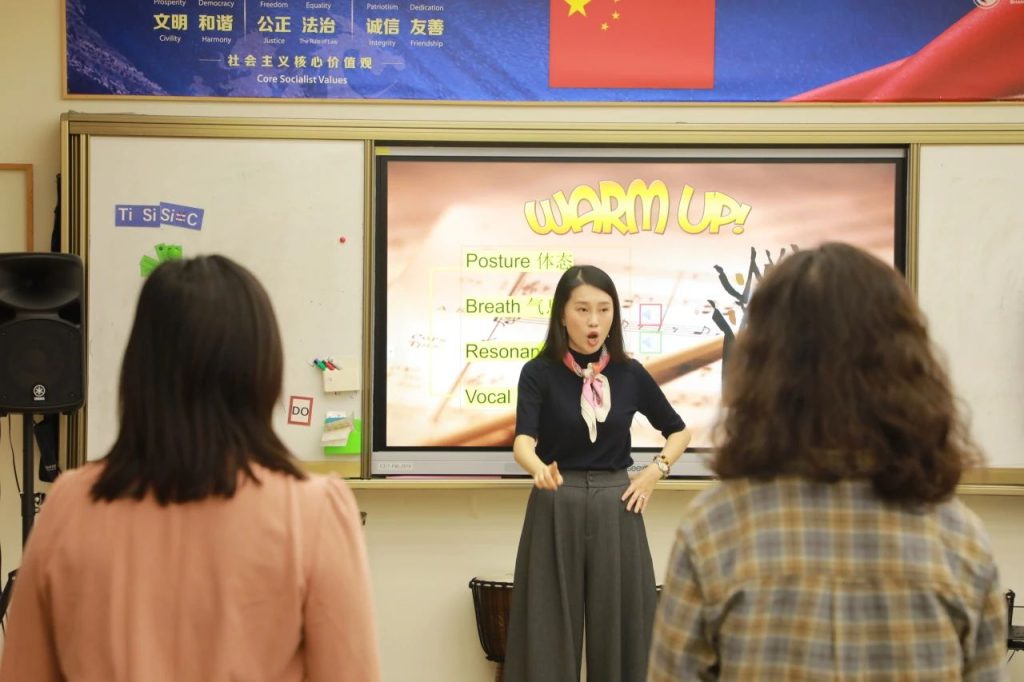 —— Classical voice and scientific vocal skills
—— Classical voice and scientific vocal skills
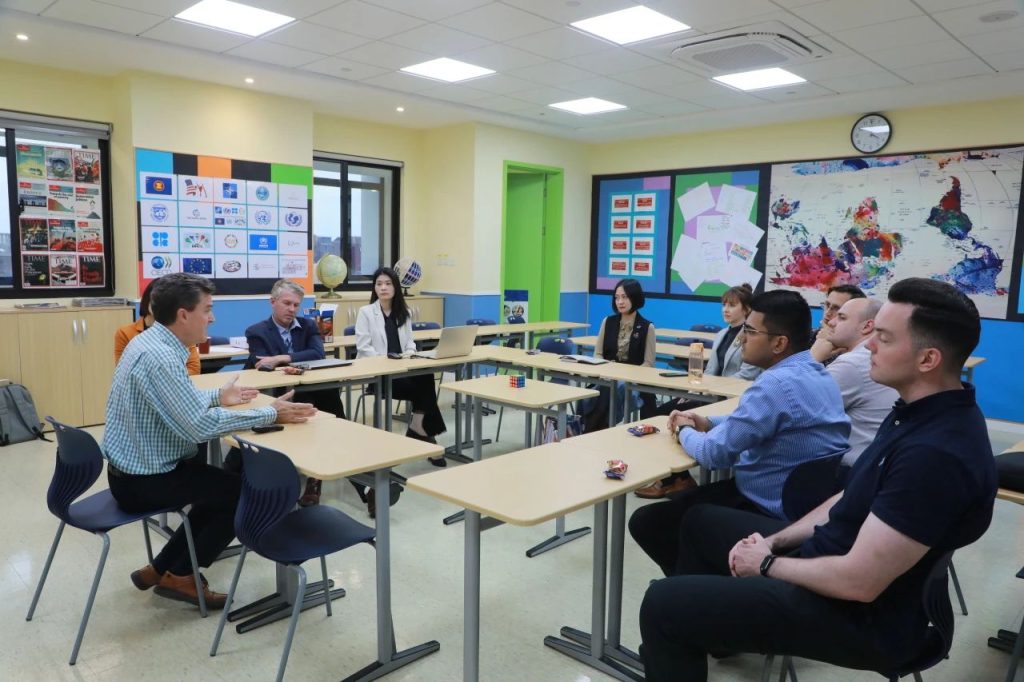
—— A-Level Global Perspectives meets IB Diploma Theory of Knowledge (TOK)

Developing games using the Kodaly Method
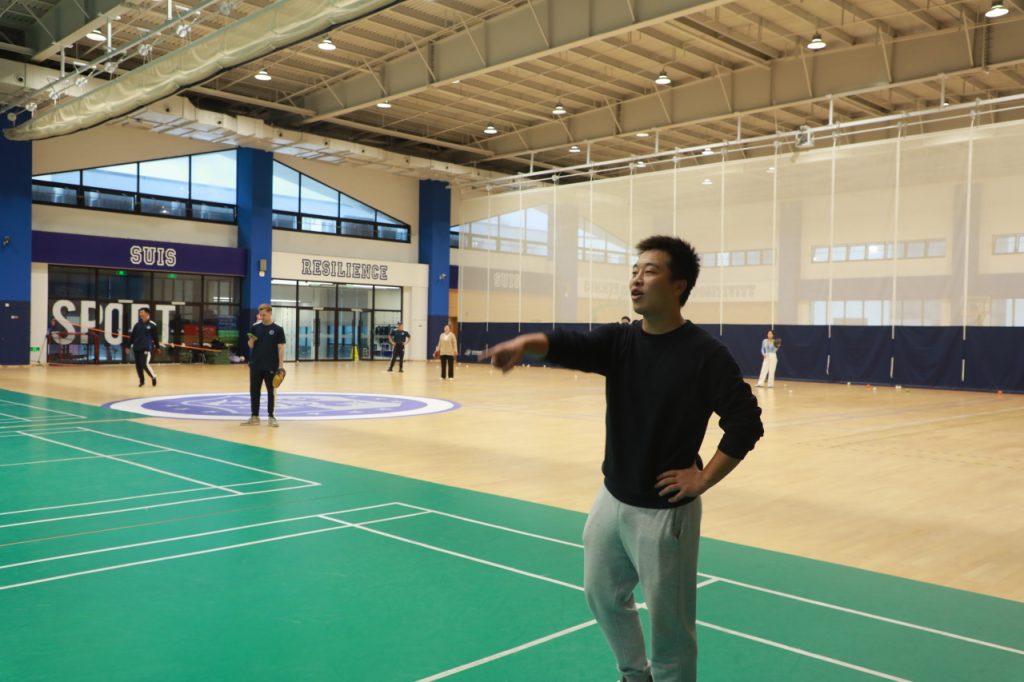

——Baseball Rules, Offense and Defense
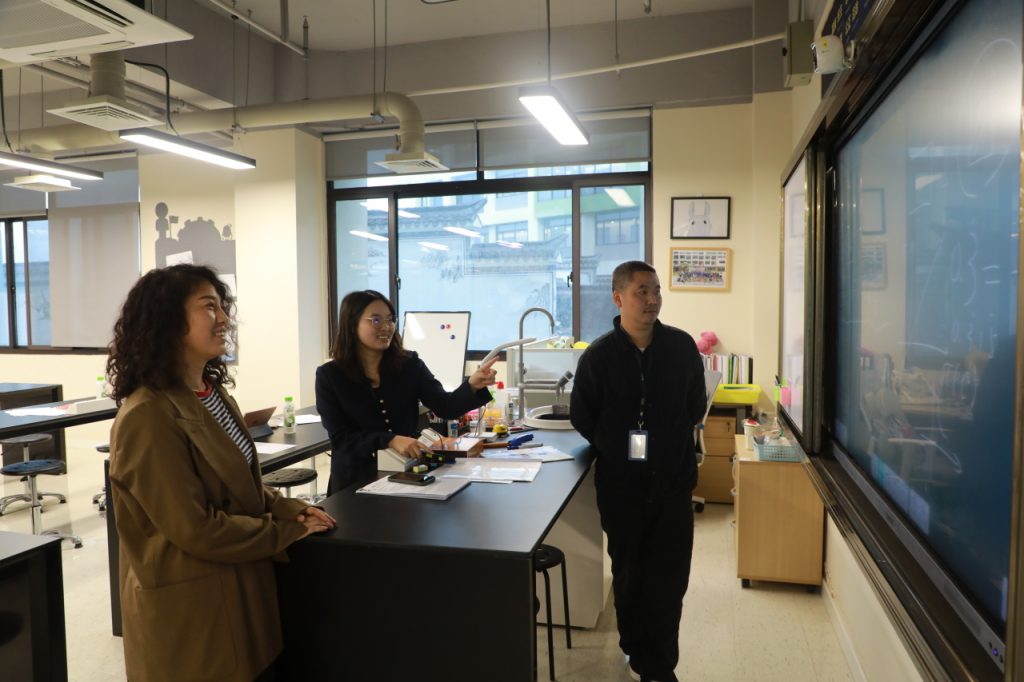 ——Local Physics & IGCSE Physics
——Local Physics & IGCSE Physics
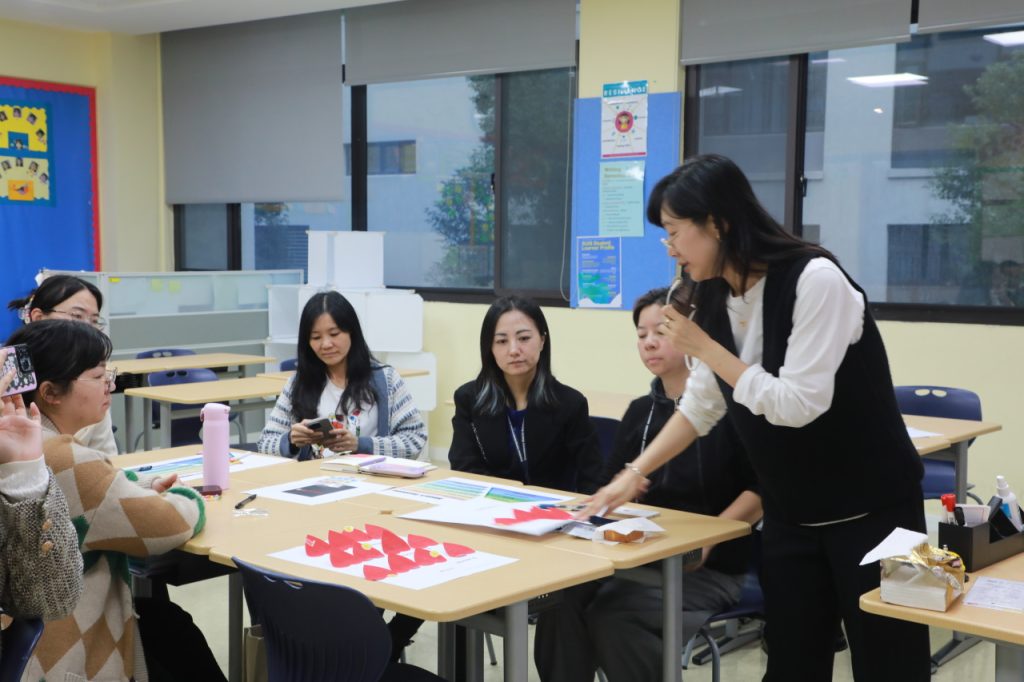
—— Visible Thinking Routine
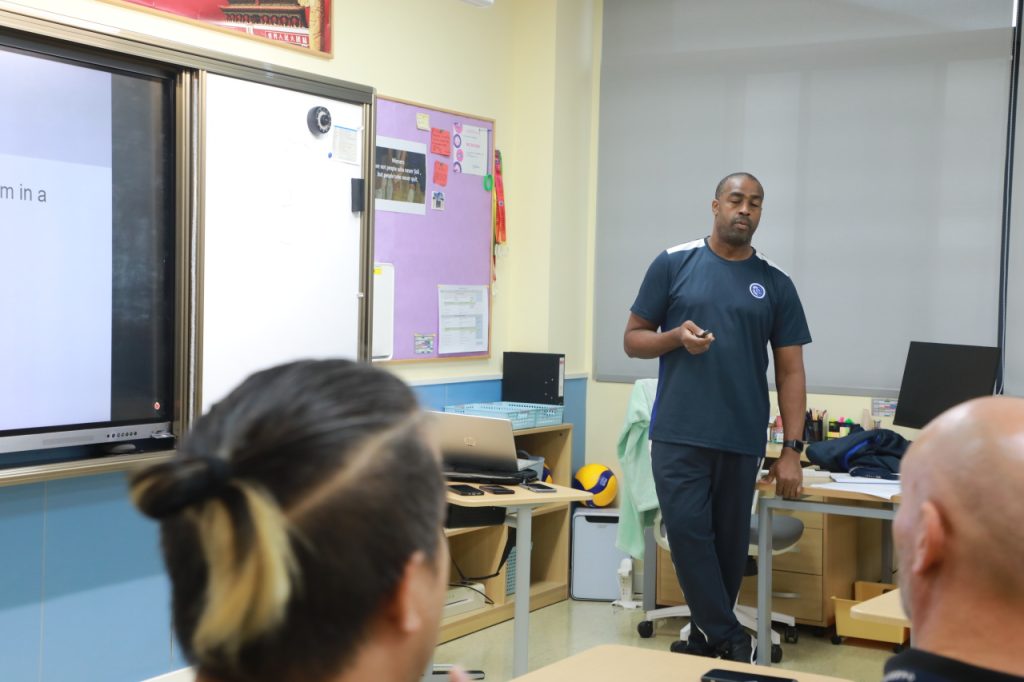
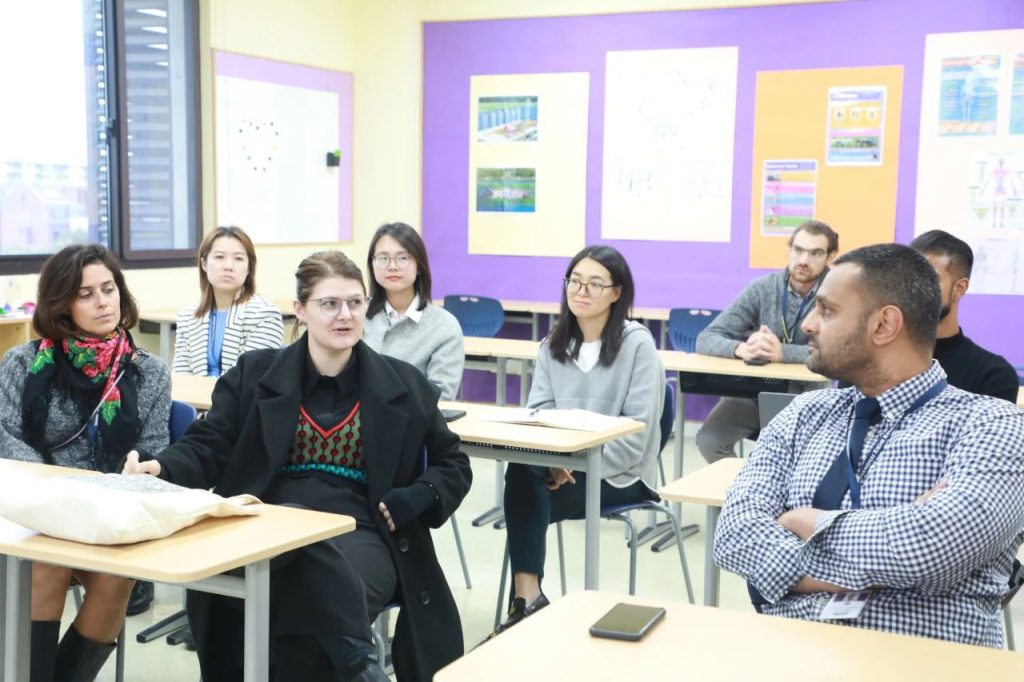
——Practical behaviour management skills
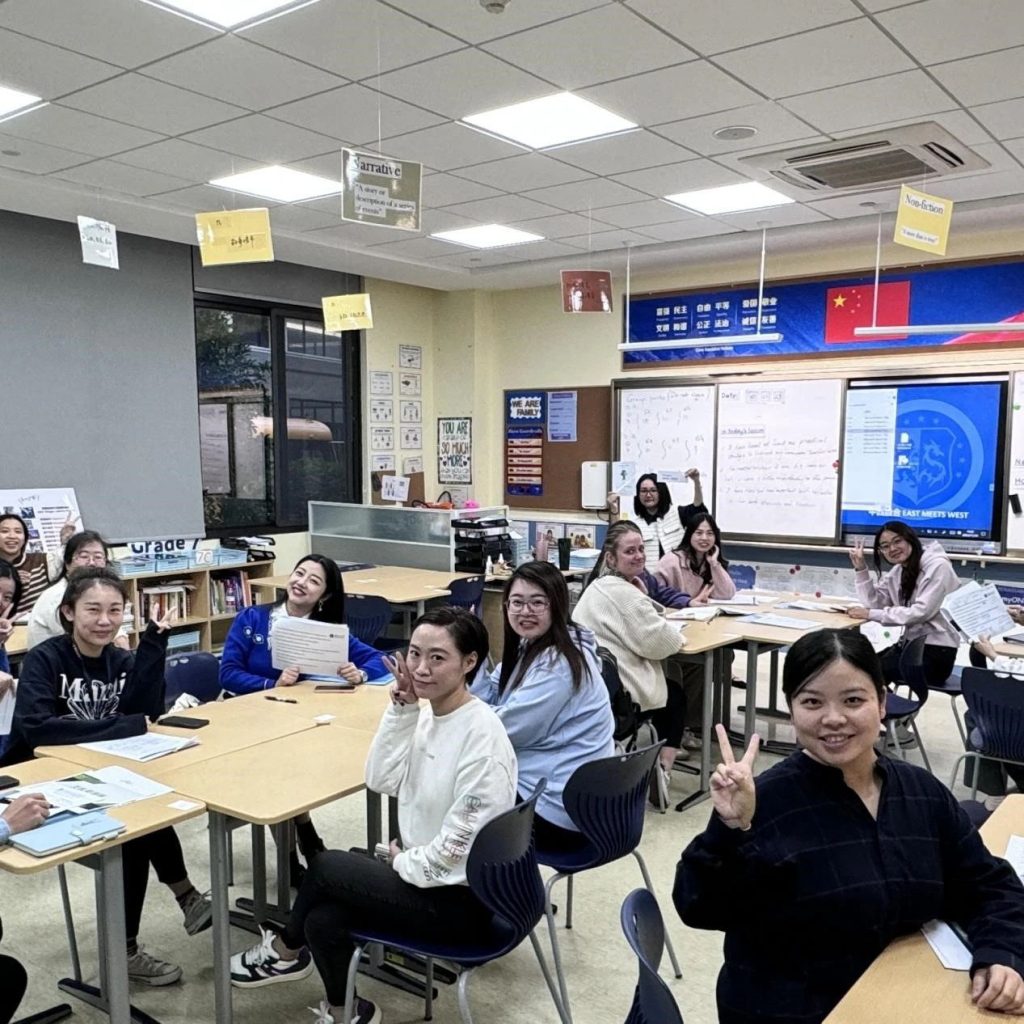
Ms. Zhan’s workshop on the Art and Craft of Homeroom Management
Ms. Zhan offered participants practical homeroom teacher experience and class management strategies based on routine and real classroom cases.
nnovation-driven, technology-driven
In December, SUIS Qingpu Campus did not freeze up because of the cold – the torch of the second round of workshops was still lit. Compared to our previous ‘Workshop Friday’, the areas of workshop were more enriched, with, for example, the addition of Assessment, Data and Reporting workshops, which served to provide a broader learning and communication platform for teachers. The event not only continued our enthusiasm in November, but also allowed us to share with each other about various innovations through the many workshop discussions. The workshop content included classroom applications of AI technology, Excel data processing and other cutting-edge technology topics, demonstrating the close integration of education and technology. Teachers further broadened their educational horizons through participation and exploration.
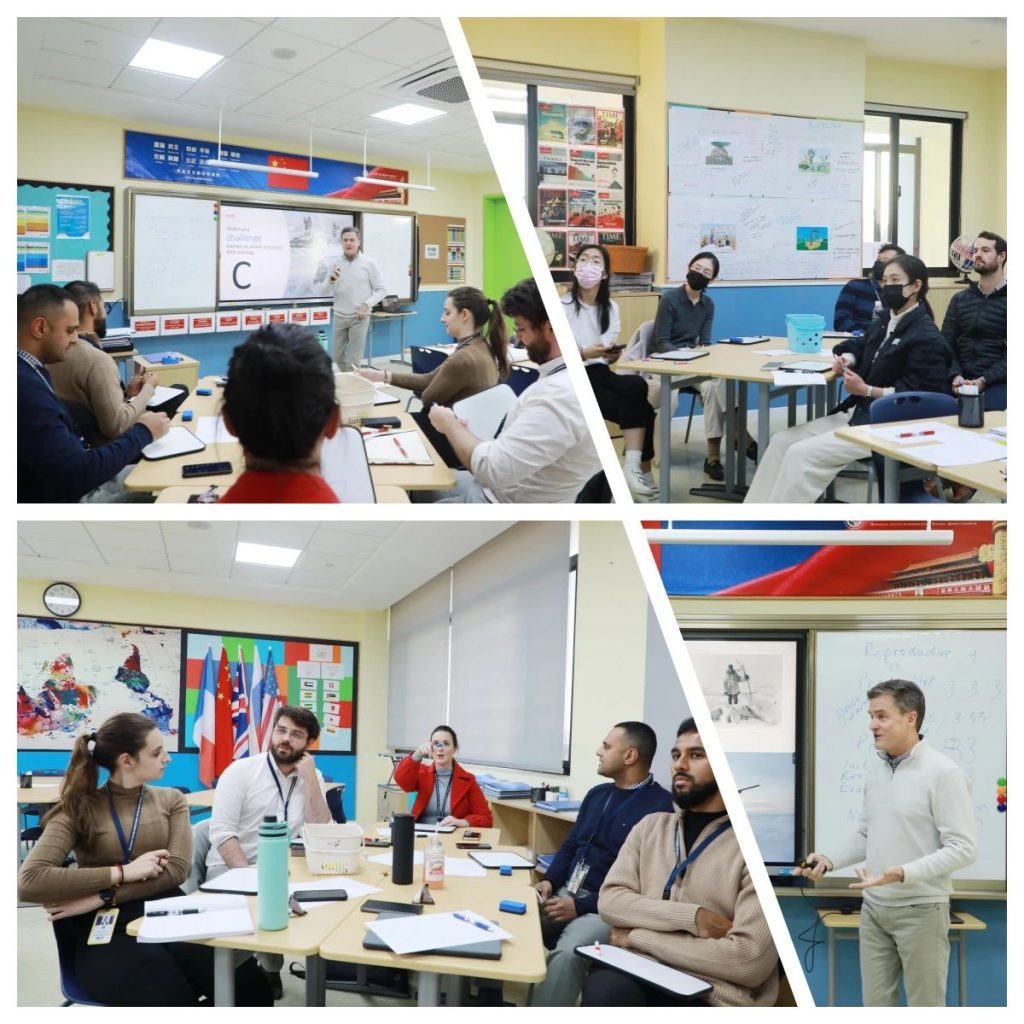
Roger shared a variety of effective questioning techniques that can be used during our regular teaching activities.
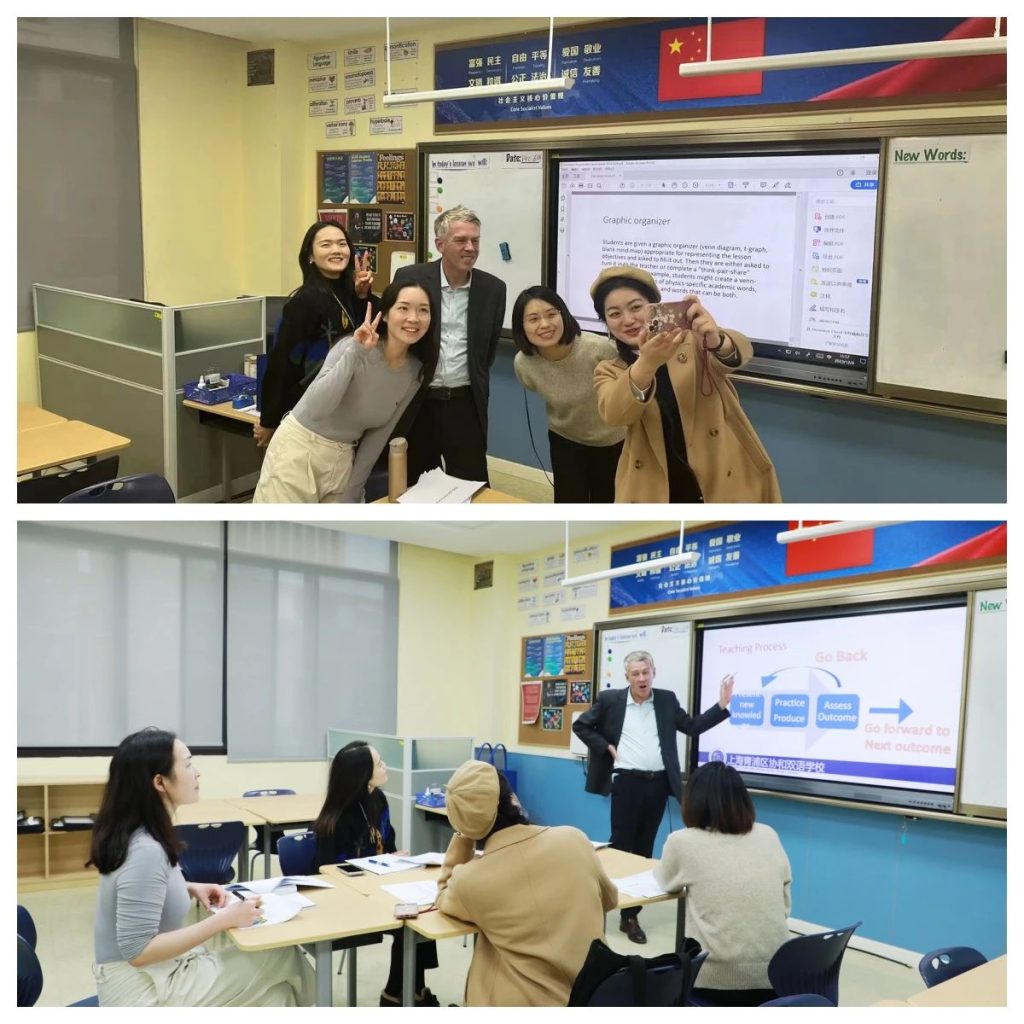
Andrew Watt provided a workshop on how to use formative assessment during lessons and how to use it more effectively.
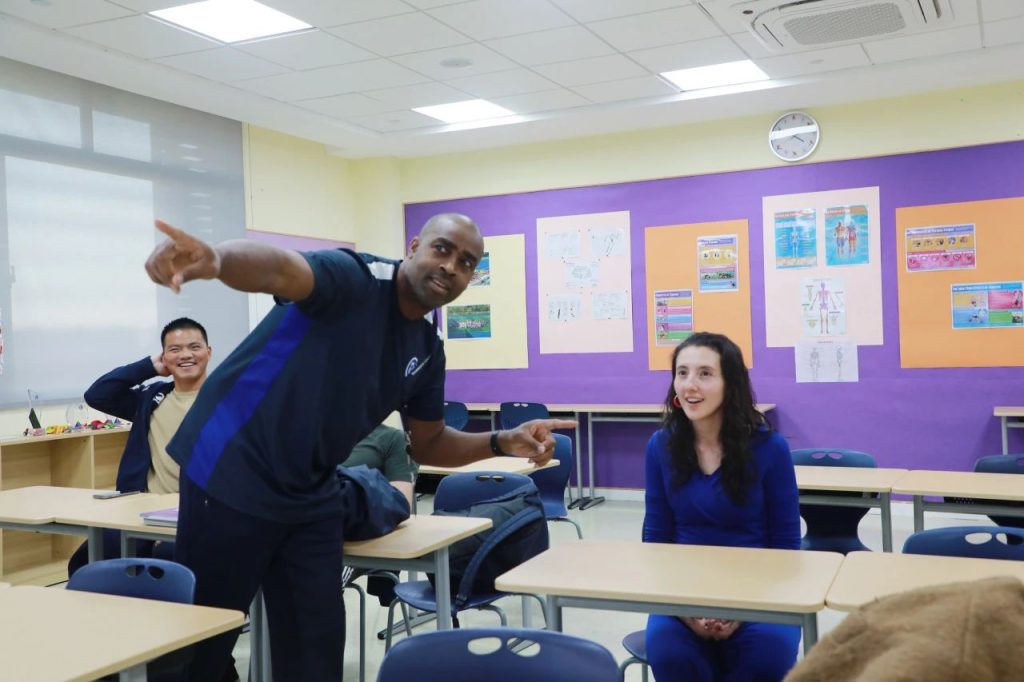
——Practical behaviour management skills
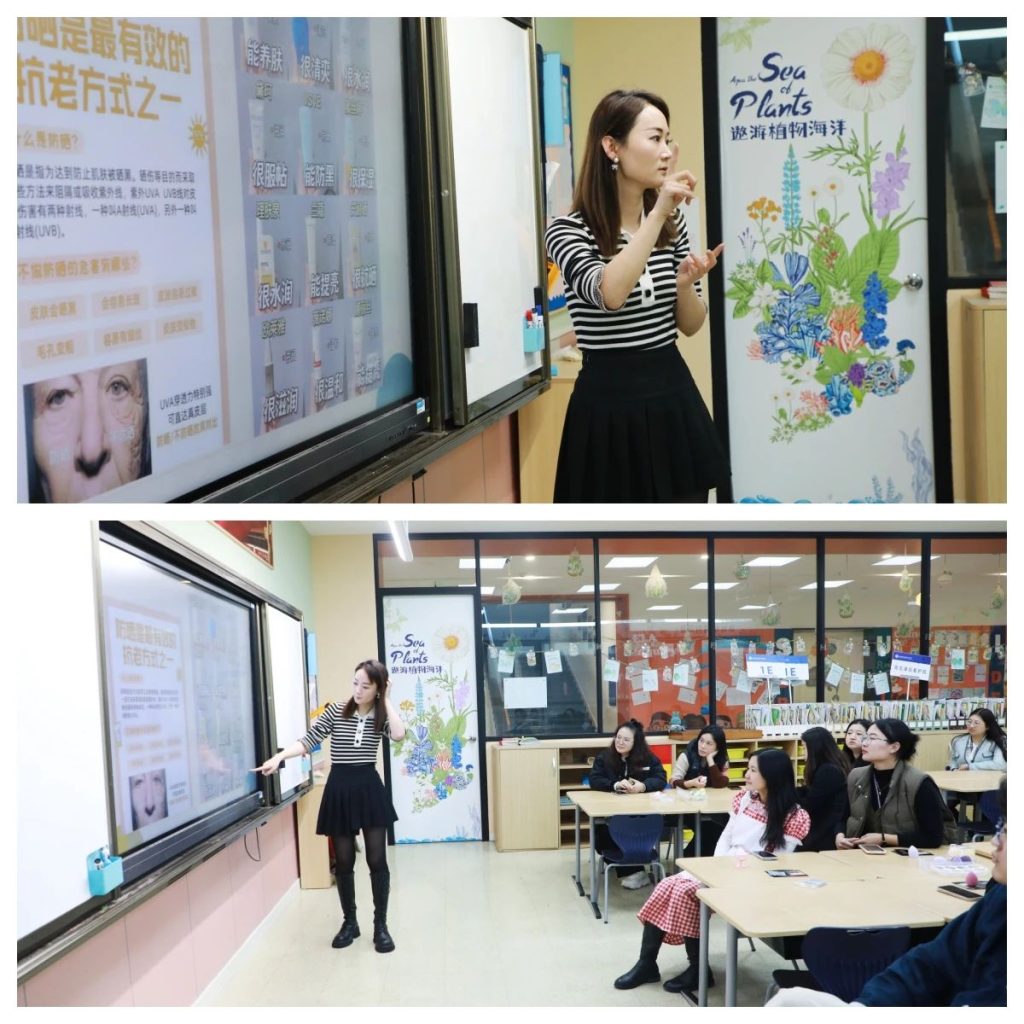 ——Quick makeup tips for the workplace
——Quick makeup tips for the workplace
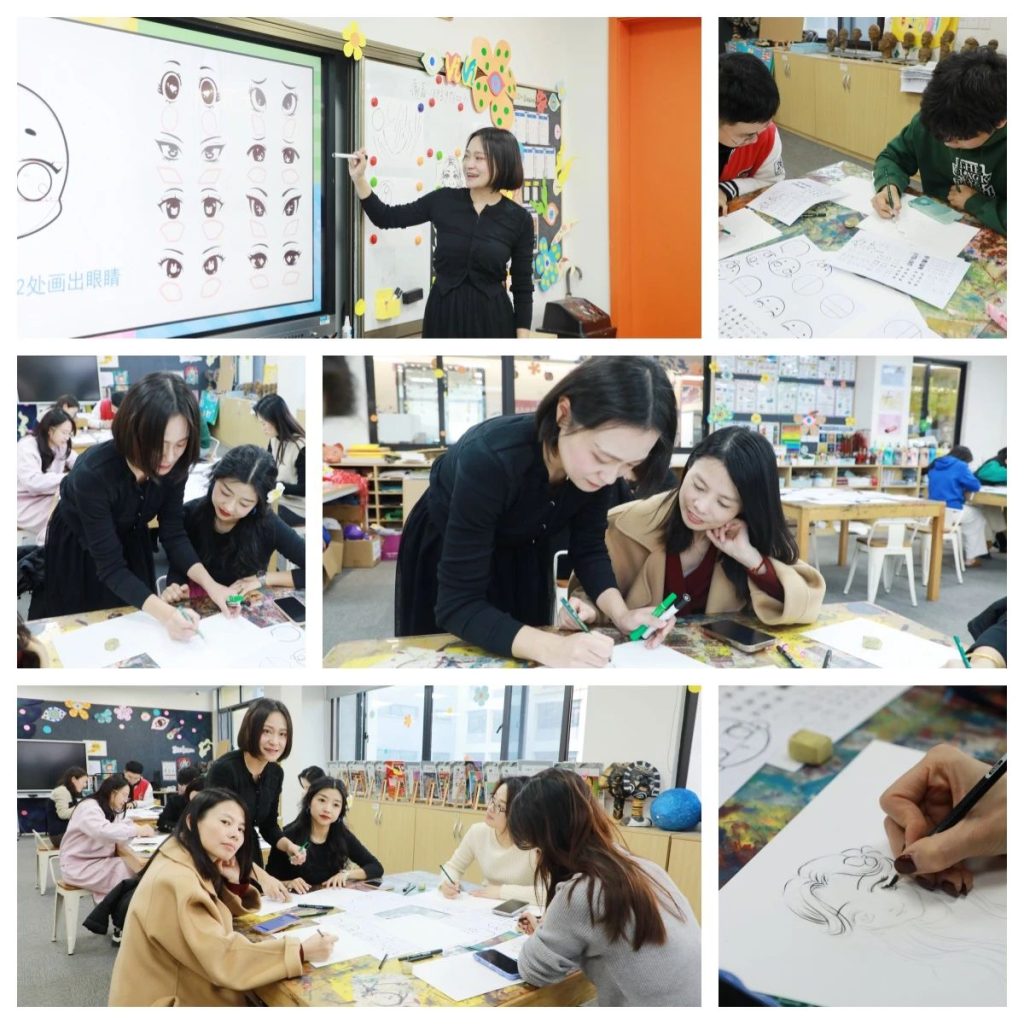
—— Quickly draw your own cute avatar!

—— Basic Classroom Chinese
For foreign teachers, it is sometimes difficult to navigate language and cultural barriers. Neale’s workshop helped foreign teachers gain a basic understanding of some useful phrases to help them communicate with Chinese students smoothly.
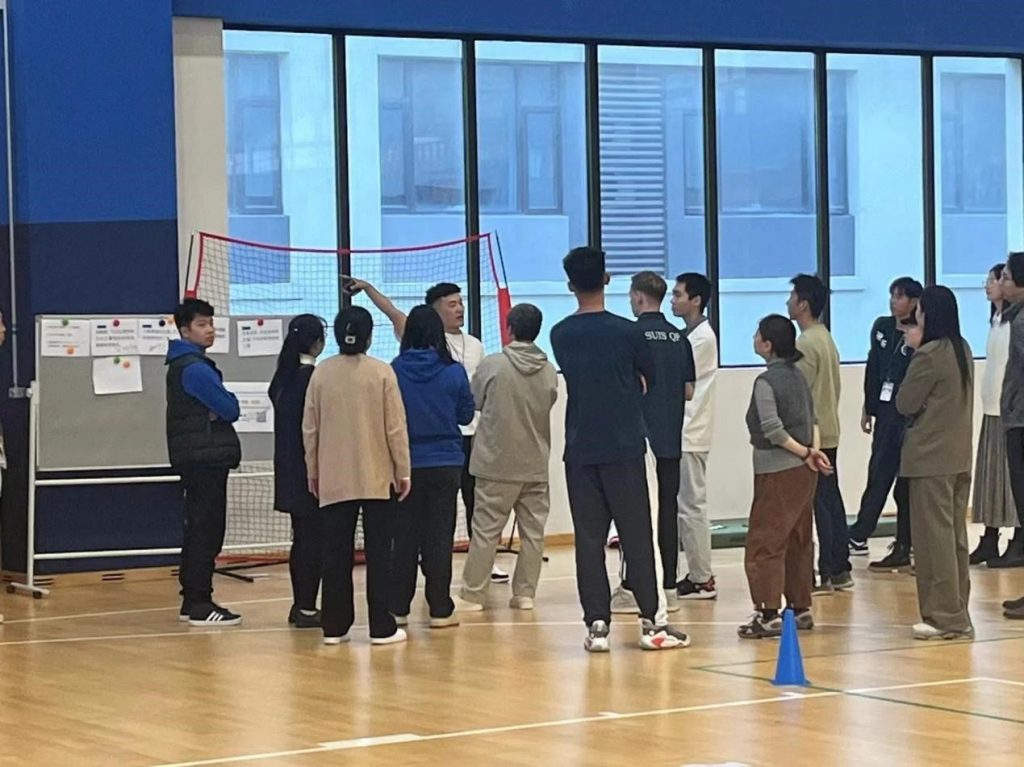
——Team cohesion building (through games)
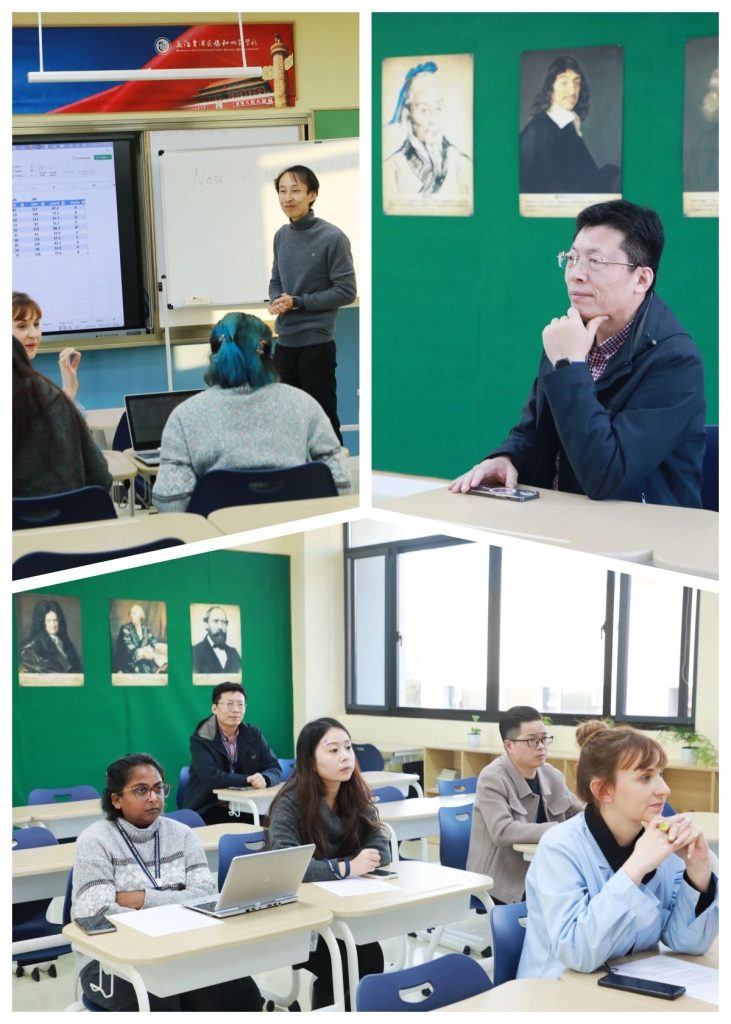
——Excel Data Processing and Mining
Using Excel to process student performance data to enhance teachers’ daily work efficiency.
 ——Effective management of stress and overwork faced by teachers in their work
——Effective management of stress and overwork faced by teachers in their work

——Zhongkao English vs IGCSE ESL
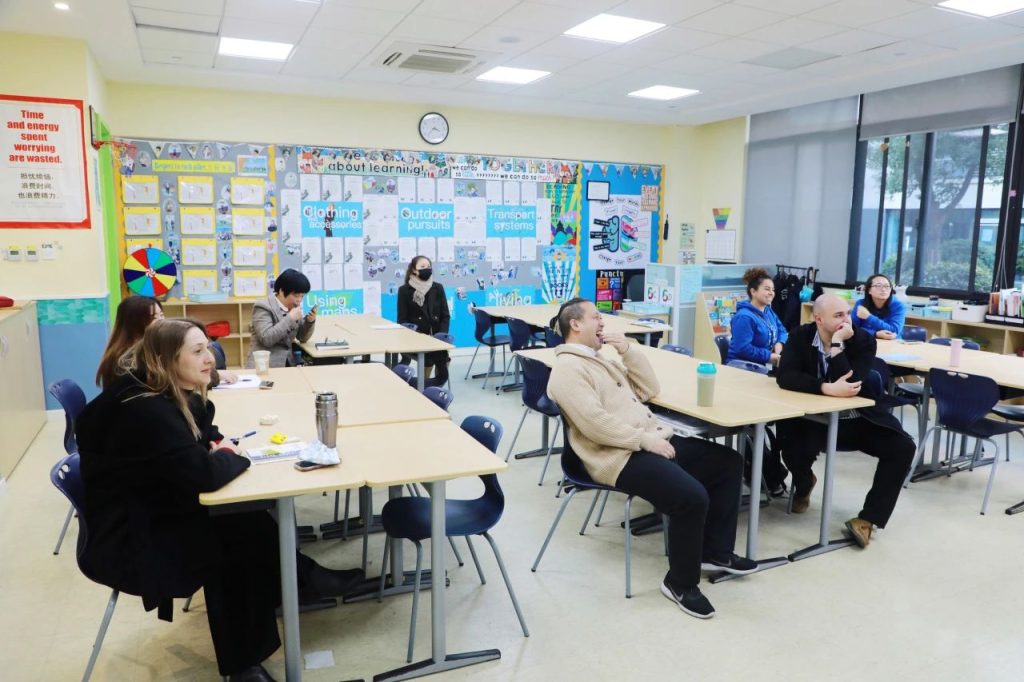
—— Cross-cultural Communication
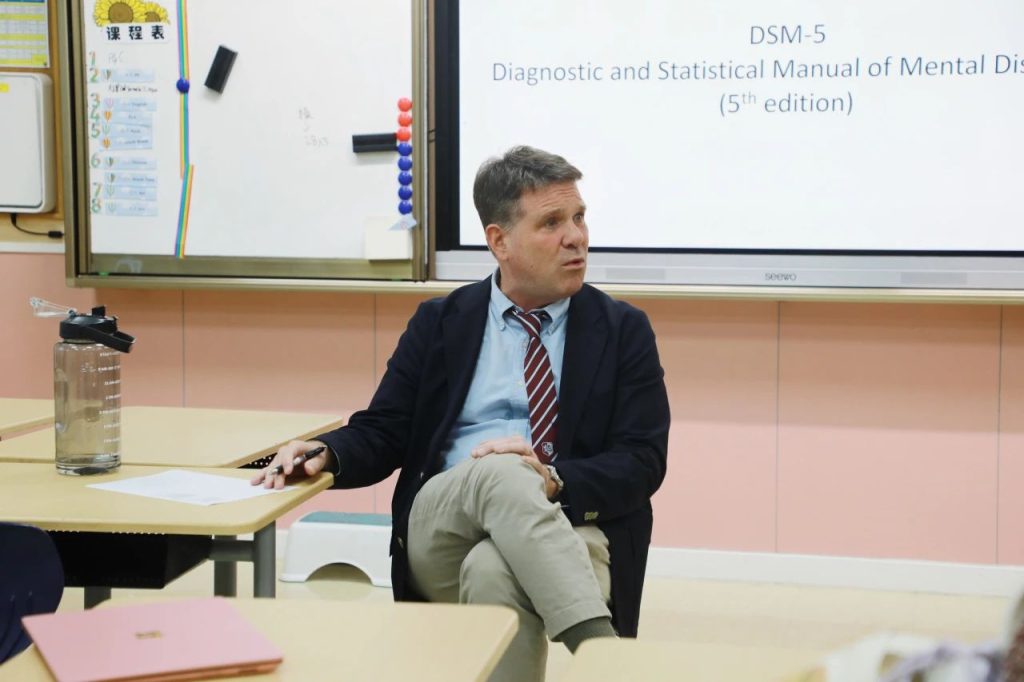
—— Special Education Needs (SEN)
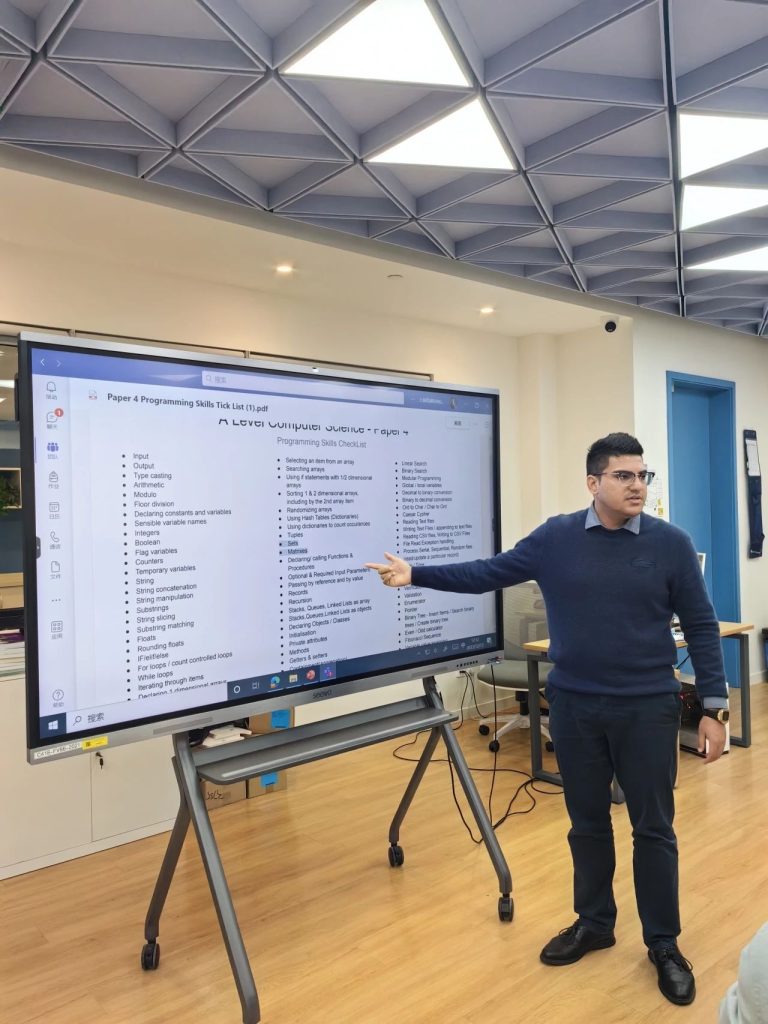
—— Embracing AI & technology in the classroom
To equip teachers with the knowledge and skills they need to integrate AI and technology into classroom teaching practices, Mr. Lamba guided participants on the use of artificial intelligence technology for assisting and promoting student learning.
Growing for a better future together
With the successful completion of the two vibrant ‘Workshop Fridays’, SUIS Qingpu’s culture of learning and sharing has become increasingly stronger. These workshops not only demonstrated the school’s relentless pursuit of teachers’ professional growth and innovative spirit, but also deepened the school culture of teamwork and sharing. We are grateful to those teachers who took time out of their busy schedules to conduct the workshops and whose expertise and dedication have not only inspired teachers’ enthusiasm for learning but also increased their unlimited potential for professional growth.
Looking back, what we have gained from the workshops is not only knowledge and skills, but also mutual understanding and support among our fellow educators. Looking ahead, our school will continue to uphold the spirit of “Sharing, Integration and Innovation”, working together with teachers and students to provide a broader stage of growth for each and every colleague. In this fertile land of education, we look forward to our collective growth and to witnessing together the splendid blossoming of SUIS Qingpu’s ‘educational flower’.
As a homeroom teacher, Ms. Zhan shared with us many practical strategies for class management from her rich experience, giving us a new understanding of classroom management and the confidence to become an effective homeroom teacher.
Albert Du,Middle School teacher
Providing my workshop was a very rewarding experience. As educators, it is vital that we reflect on what we are doing and why we are doing it, by collecting, organizing and presenting what has been done. Teachers were involved in asking questions during the workshop, which made us feel that all the effort was very much worth it.
Andrew James Watt, Deputy Head of Middle School
Ms. Yin’s workshop was amazing!
1. The “3-2-1 bridge” can be used separately before and after instruction to deepen students’ understanding of knowledge and concepts, and to help them understand the process of shifting their thinking.
2、See-Think-Wonder (STW) can be used in observations and discussions about all kinds of visual materials such as pictures, videos and photos; it can also be paired with other activities.
Jenny Yu ,Middle School teacher
Mr. Orefice’s PD workshop definitely helped me with my personal development. His crucial lesson opened my eyes to the cultural nuances that exist between colleagues at work. This knowledge will undoubtedly aid me in my journey towards achieving social and professional harmony between other colleagues and me.
Jack Ryan,Middle School teacher
During the team cohesion game, we participated in three sets of competitions. The game requirements were the same, but the difficulty gradually increased. During the three rounds of the game, the team members cooperated more and more tacitly, and the completion time became shorter after each set. In this activity, I experienced the importance of cohesion, but also really feel that repeated practice can make you more skilled and more comfortable. At the same time, I had a very happy time! Thank you to Mr. Zhang of the PE team for leading me.
The workshop I attended was a very interesting activity! Teacher Xie Jing taught us how to draw cute avatars and, through her meticulous instruction and the provision of a lot of materials, we were all able to complete our avatars independently with zero foundation. It was a great way to relieve the tension of the week and to welcome the weekend.
Rita Zhu,Primary school teacher
I felt the importance of team cohesion and learned a variety of teaching tools that can be used to enhance cohesion, which could all be fully applied to the actual classroom in the future!
Shawn Xia, Primary School teacher
I learned new teambuilding strategies today! The game we participated in helped us learn how to mobilize a team’s thinking and collaborative skills, and the process also helped us realize the importance of communication during the process. Similar strategies can be considered for use with students. The progression of the game also showed us how to differentiate our instruction.
Jeremy Ye,Primary school teacher
After a busy week, I was happy to participate in this interesting lesson. It was great to learn basic cartoon drawing skills!
Cici Chen,Primary School teacher
I learned about cutting-edge theory and research on working and long-term memory, which can be used not only to develop own thinking ability but also to have a positive impact on improving students’ learning in the classroom.

































